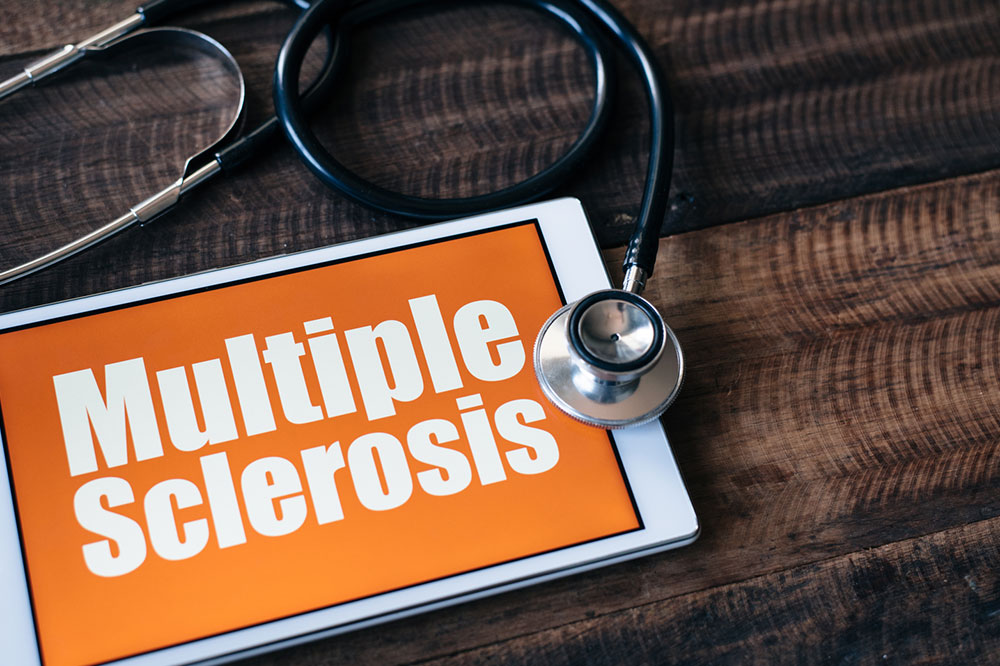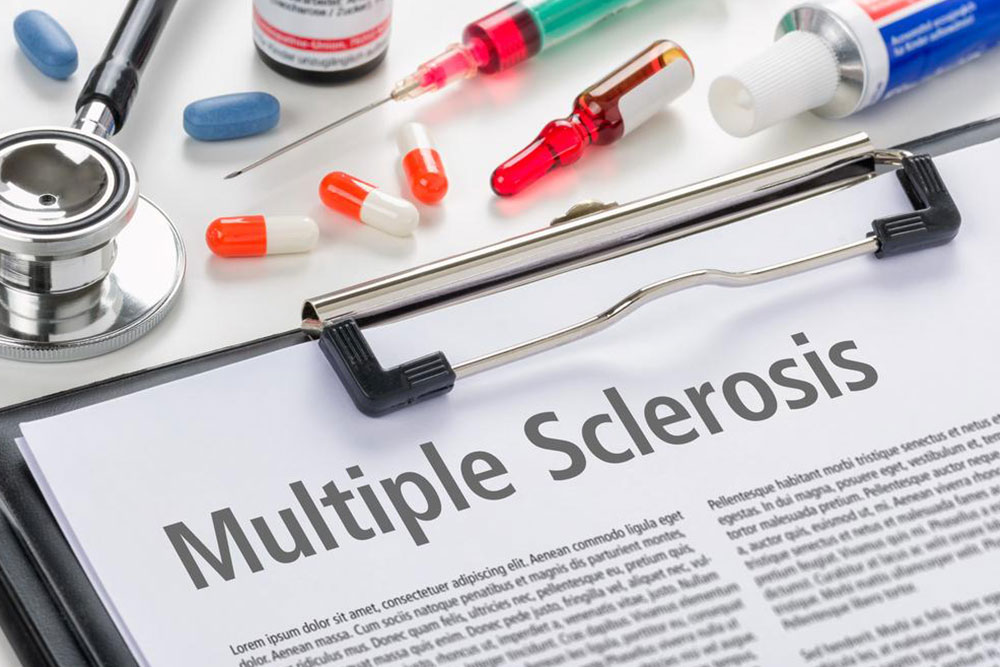Comprehensive Strategies for Managing Multiple Sclerosis
Explore effective management options for multiple sclerosis, including medications, therapies, and lifestyle adjustments to improve patient quality of life. Covering symptoms like tremors, pain, bladder issues, and cognitive challenges, this comprehensive guide highlights multidisciplinary approaches that assist MS patients in coping with their condition and maximizing function.

Comprehensive Strategies for Managing Multiple Sclerosis
Multiple sclerosis (MS) impacts various parts of a patient's life, often leading to a decrease in overall well-being. Its complications are multi-systemic, affecting muscles, bladder, cognition, and more.
Common MS-Related Complications:
Severe tremors and depression
Muscle rigidity and heat intolerance
Ongoing pain and sexual health issues
Bladder control problems and fatigue
Urinary infections and cognitive challenges
Constipation and incontinence
This article outlines both medical and lifestyle approaches to managing these symptoms effectively.
Tremors: often seen in MS, can be mitigated with devices like hand weights, or surgical interventions such as deep brain stimulation. Medications such as anticonvulsants like Clonazepam are also used.
Other options include drugs like Mysoline, Ondansetron, and Propranolol. Muscle spasms: are managed through exercises, physiotherapy, and medications like Diazepam, Baclofen, Dantrolene, and Tizanidine to relax muscles.
Pain: is treated with anticonvulsants, antidepressants, and anti-arrhythmic medicines like Gabapentin or Phenytoin, often combined with potassium channel blockers for weakness.
Bladder issues: require fluid management, pelvic exercises, and medications like Oxybutynin. Treating urinary infections involves hydration with acidic fluids and antibiotics. Catheterization may be needed in persistent cases.
Constipation and incontinence: are managed through diet changes, fiber, stool softeners, and limiting fiber for incontinence.
Emotional health: depression arising from MS can be addressed via counseling, support groups, and medications such as Fluoxetine or Sertraline. Group therapies can also be beneficial.
Heat sensitivity: can be alleviated by avoiding heat exposure and using cooling devices or air conditioning.
Sexual dysfunction: is manageable with lubricants, aids, and medications like Sildenafil (Viagra).
Fatigue: may be reduced with lifestyle help or stimulants like Methylphenidate.
Cognitive issues: such as memory lapses can be improved with drugs like Donepezil.
Patients with severe disabilities benefit from social support, occupational therapy, and psychological interventions to enhance their quality of life.
Note: Our content provides general information and should not replace professional medical advice. Always consult healthcare providers for personalized treatment plans. The website does not guarantee the accuracy of external data and resources.










